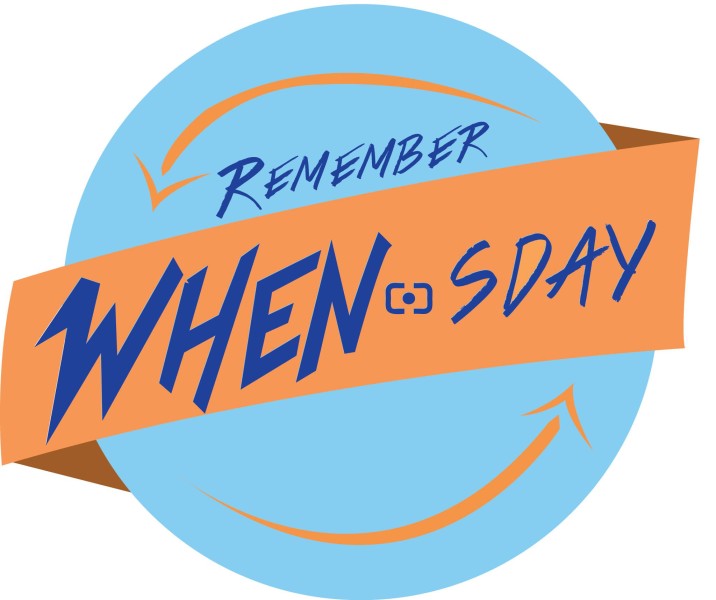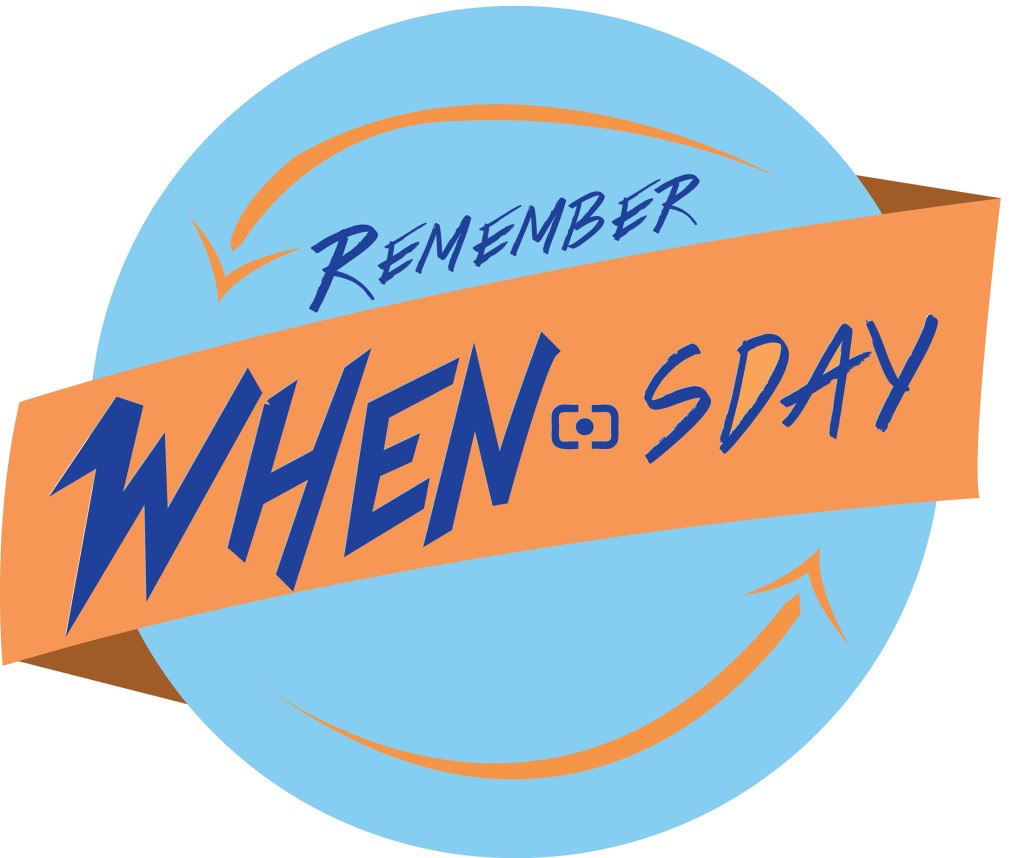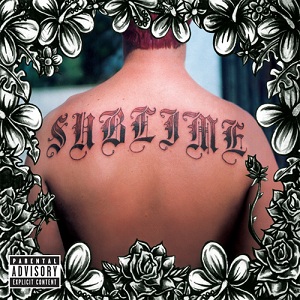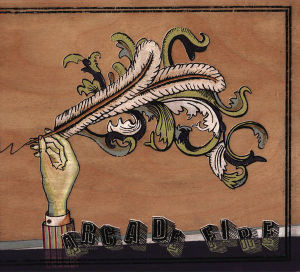(Written by Justin Peters)
In 1997, Radiohead released OK Computer; an album that signaled not only a bold departure from their previous Britpop roots (see Pablo Honey and The Bends), but also created an international anticipation for what this new artistic direction would yield in later releases. In staying true to their form, they completely outdid themselves with their October 2000 release, Kid A.
Although OK Computer evidenced the drastic change in their sound through songs like “Fitter Happier” and “Climbing up the Walls”, the majority of the album still was fastened in many ways to their guitar-driven preceding sound. And while the great commercial success of OK Computer was uplifting for the band, they also felt as though they had dug themselves into a hole in which their output was no longer a personal or emotional channel, but instead a mechanical bidding to the music industry. As a result, Thom Yorke suffered from a breakdown, extreme writer’s block, and an increasing disdain for the industry. He turned his attention instead to the electronic music of artists like Aphex Twin.
After a break from writing and recording, the band reemerged with fresher inspirations and ideas, citing influences as eclectic as Aphex Twin, classical composer and music theorist Olivier Messiaen, and jazz giant Miles Davis. As songs started to finalize, plans for an unconventional marketing plan developed. Instead of releasing any singles or music videos, Radiohead took to the internet as a major means of promotion. The release of “blips” (small video clips accompanying music from the album) garnered attention, while the encouragement of online distribution of leaked copies earned the album a great deal of popularity before its official release. On October 2, 2000, Kid A was commercially released with an overwhelming response. In its first week, the record went platinum in the UK, and reached number one in the US charts. Since then, the album has been considered one of the greatest of the 2000s, and set a precedent for the way in which artists could market themselves with the use of the internet. But why stop there?
After releasing their sixth album, Hail to the Thief through EMI, Radiohead’s record contract had run its course. On September 30, 2007 Radiohead’s guitarist, Johnny Greenwood announced they would be self-releasing their upcoming album In Rainbows in 10 days, providing a link to a website where fans could choose their own price for a digital copy. While they weren’t the first band to offer their album on this model, they were indeed the most popular to do so yet. Additionally, they expanded the model by offering a £0 option. In effect, fans could choose to download the album entirely for free. Not only did this groundbreaking plan generate major international coverage, it also ignited debates on how the music industry would be affected. While some critics felt making the pay-what-you-want model a mainstream practice would hurt less popular artists, many others felt the decision was a move towards putting power back in the hands of the artists. Regardless, In Rainbows was a commercial home run, earning it multiple number one spots, two Grammy Awards, knock-out reviews, and an unprecedented reputation.
Today, websites like Bandcamp and Soundcloud have allowed artists very easy means with which to distribute their music digitally. Anyone has the power to upload and sell (or give away) their music at any price they like. On the larger scale, self-leaks and viral marketing campaigns have become somewhat of a regularity with artists, implying an undeniable impact by Radiohead’s boldly unique releases. They continue to push the boundaries of the music industry with hints of new music released through their multimedia app, PolyFauna, as well as Thom Yorke’s release of his new solo album, Tomorrow’s Modern Boxes via the file-sharing software, BitTorrent. It’s clear to me that their pioneering methods have earned them a well-deserved footprint on the face of the music industry, and I don’t doubt they have any intention of slowing down.





